
Ordinary People, Part II
An Oscars Postmortem
This is the final essay in a two-part series on the Oscars. Part I can be read here.
On Sunday morning, Hollywood knew the 93rd Academy Awards would make history given its record number of minority nominees, but the ceremony’s ratings freefall to an all-time viewership low was likely not the history its Board of Governors had in mind. The press onslaught lauding the ceremony’s embrace of diversity notwithstanding, only 10.4 million viewers turned out to see such milestones as Chloé Zhao becoming the first Asian woman to win Best Director. In the wake of the Golden Globes’s record low 6.9 million viewers, Hollywood did not predict a banner year, its COVID excuses at the ready. Yet, in a time when half the country has embraced misanthropy over a masked existence and the other half’s primary entertainment involves choosing how to best broadcast their vaccinated status, an obvious question comes to mind: What else did we really have to do instead? In theory, the country’s lack of unifying social events should have been the Oscars’s greatest asset. In practice, we live in a time when Donald Trump’s March CPAC speech was more popular with Americans than the Golden Globes and Oscars combined despite the former President’s network-coverage blackout and his near universal ban across social-media platforms.
In truth, Sunday’s Oscars broadcast featured several moments that were a testament to the unifying power and universal awe that the movies can inspire. Parasite director Bong Joon-Ho’s introduction to the Best Director award delved into the passion that motivates this year’s nominees, a moment that revealed them as much more than the broadly painted diversity checkboxes they have perhaps unwittingly spent Oscar season personifying. Tyler Perry’s plea against divisiveness and evenhanded reproach to the BLM and MAGA crowds alike reminded the ceremony’s meager audience that we once shared a common culture, even if the only Oscar the Academy would ever award America’s most popular Black filmmaker is for his humanitarian efforts, not his comic ruminations on African-American life.
Unfortunately, the ceremony undercut such moments of truth through willful ignorance of the contradictions between its desperate populist image and its uninterrogated insularity. On a night when the Academy awarded a movie about America’s untouchables Best Picture, it allegedly relocated the homeless population of Union Station and put up barricades around the venue for the sake of the show’s aesthetics. Before a biopic about a Black Panther endorsing Marxist revolution won Oscars for Best Supporting Actor and Best Original Song, the nominees in the big-ticket categories received an “Everyone Wins” gift basket worth $205,000 that contained commodities from minority-owned businesses, including an anti-racism children’s book and a PETA emergency rescue hammer. H.E.R.’s statue-winning song from Judas and the Black Messiah is aptly titled “Fight for You.” If the ceremony’s ratings are any indication, most of us would rather fight our battles ourselves.
Although underseen and overshadowed by the Academy’s pandering, the eight films nominated for Best Picture merit discussion. However, any honest critical appraisal of these works must negotiate their artistry with their place in the diversity narrative, a precarious position that, as part one of this series discusses, co-opts narratives of inclusion to disguise the myth of meritocracy central to Hollywood’s cultural prowess. While the majority of these films make gestures toward inclusion, most remain entrenched in elite networks seemingly protected by one-sided applications of intersectionality where race and gender always obscure class and easy representation trumps insight.
Our reviews
Reviews for each of the eight nominees for the Academy's highest award, Best Picture.
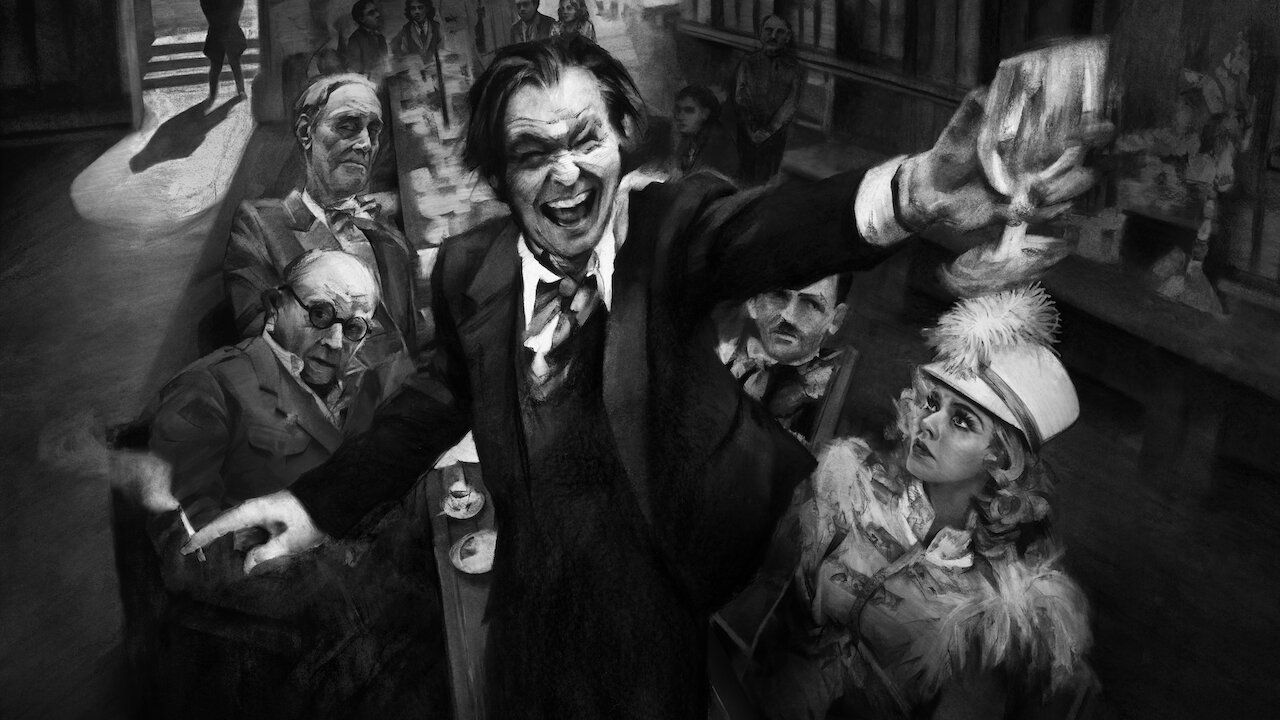
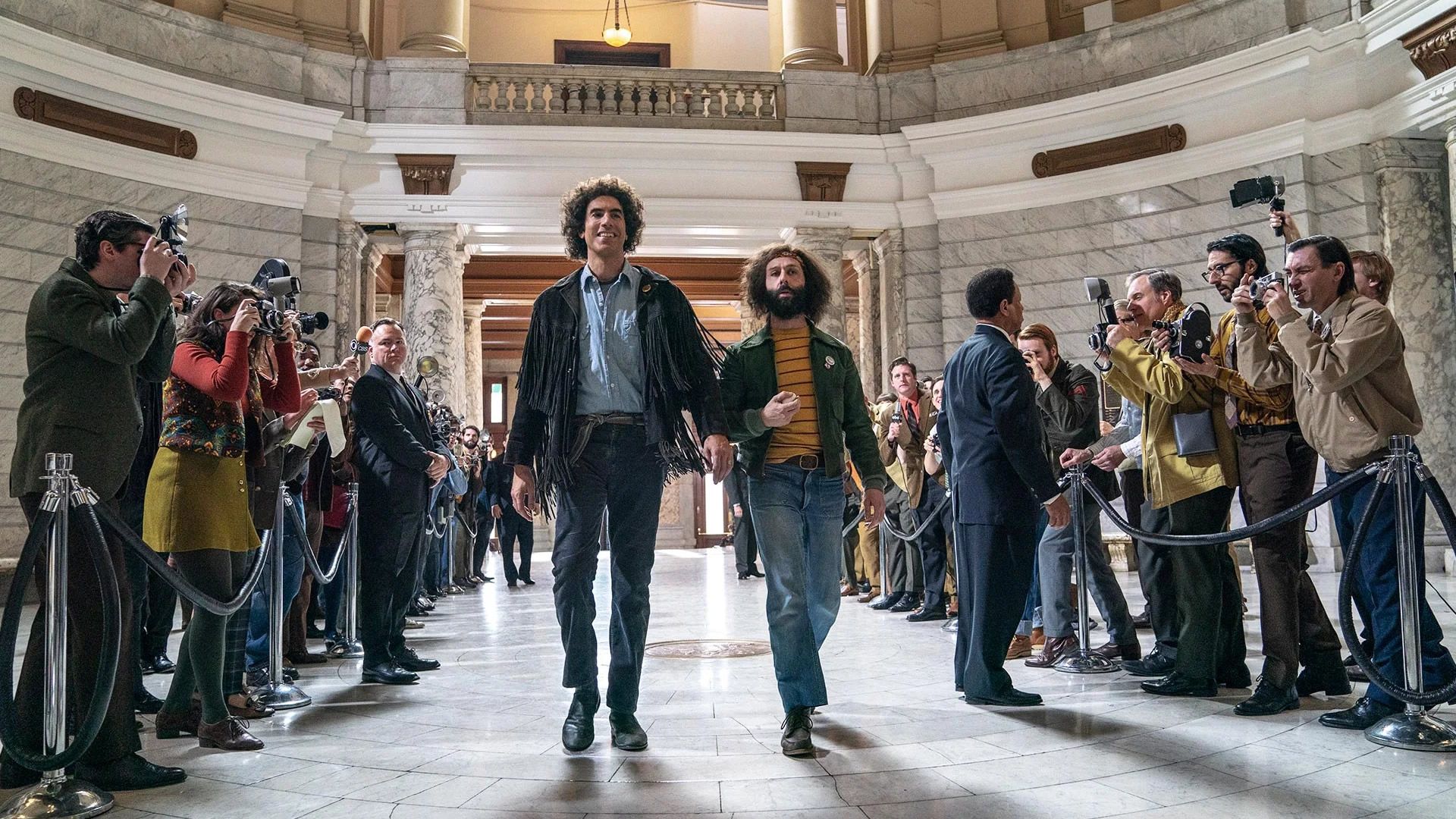
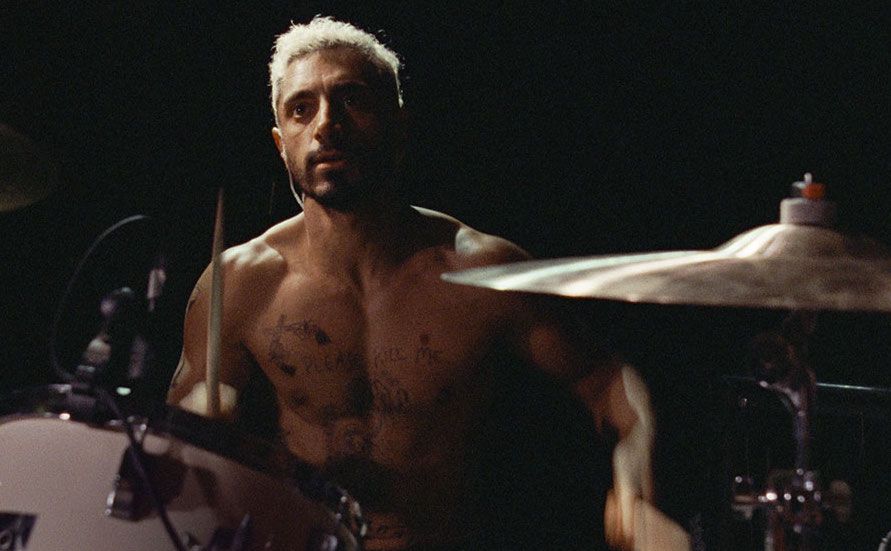

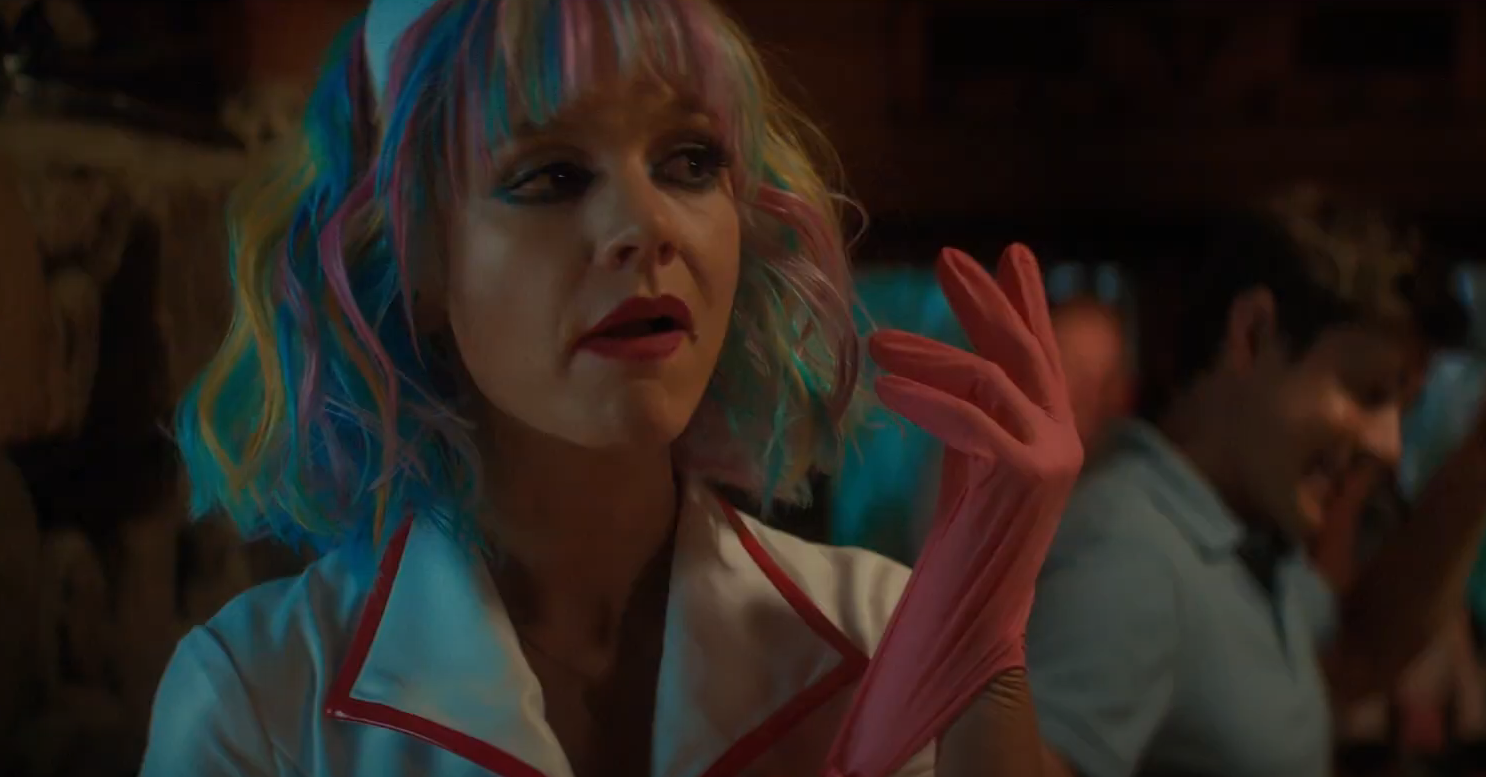


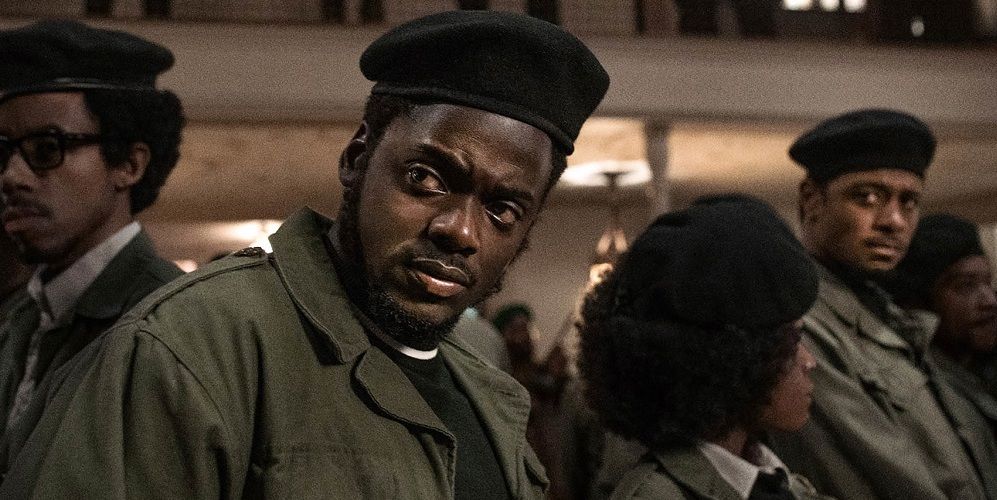
Our final take
🌞 A New Classic
Mank
🍿 Worth Multiple Viewings
The Trial of the Chicago 7
🕶 Worth Seeing
Sound of Metal
👎 Cinematic Abomination
Judas and the Black Messiah
If Hollywood were serious about correcting disparities in inclusion and promoting diverse voices, it would devote its resources to film-apprenticeship programs in the failing schools of our nation’s urban centers and rural areas, providing a path to filmmaking for underserved voices in the African-American and other marginalized communities who cannot take on the student loan debt or lack the skill development and mentorship to succeed at the college level. It would also make an effort to work with film commissions in all fifty states to ensure localized professional opportunities for regional filmmakers and help foster a national cinema culture with a plurality of voices rather than threaten production boycotts over laws it disagrees with (and hurt below-the-line workers who likely share its politics in the process). But it isn’t serious. On Sunday, only Madea seemed to realize that.

